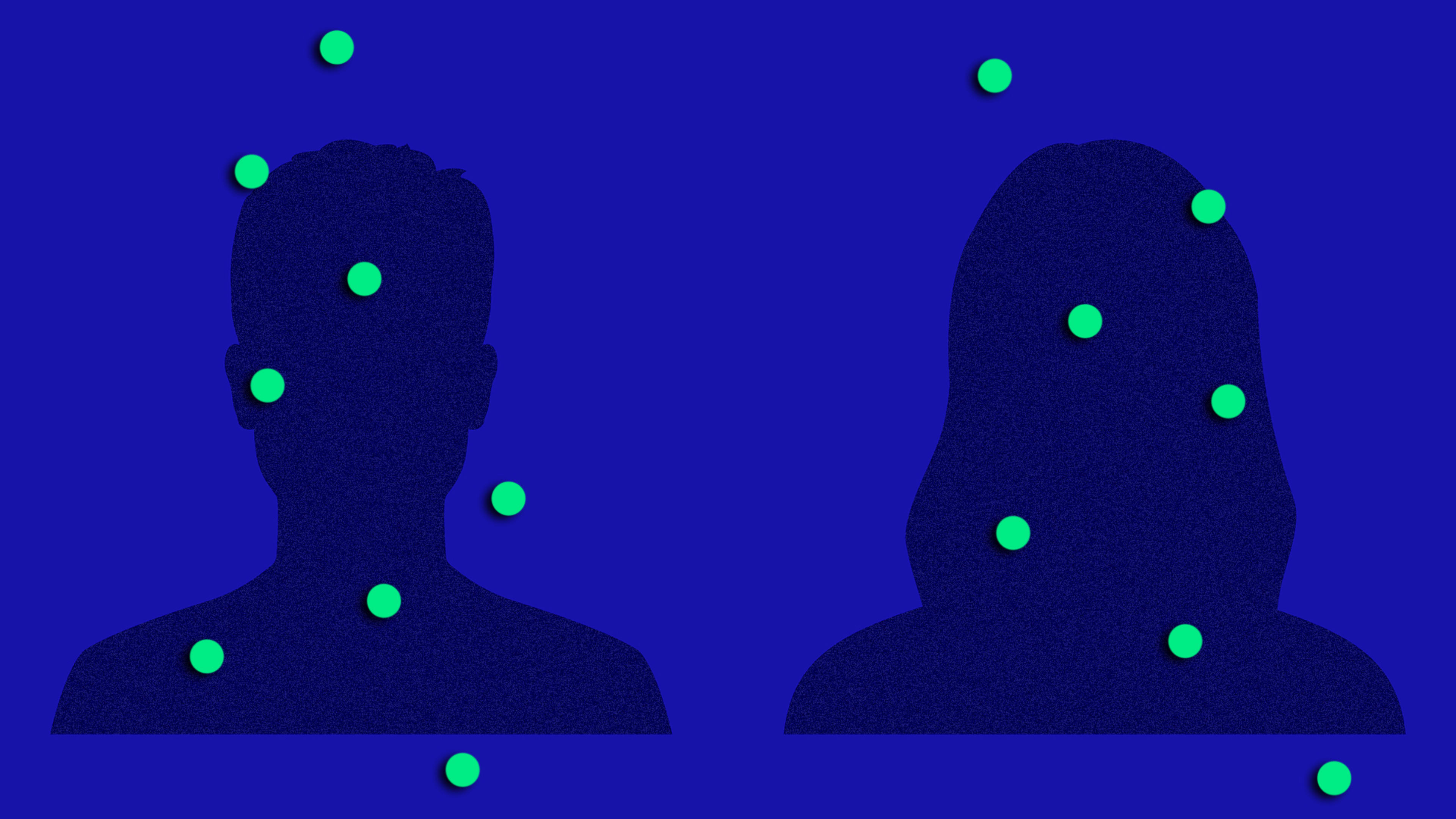Berbix, a company founded by two ex-Airbnb staffers, announced Thursday that it will now offer individuals a way to verify the identities of people they meet online.
Online businesses have a number of ways to verify digital identities for purely online transactions, but some of our online transactions—such as online dating and Craigslist sales—often lead to real-world contact with people we barely know. Little wonder, then, that identity fraud cost Americans about $56 billion in 2020, with about 49 million consumers falling victim, according to a 2021 study by Javelin Strategy & Research.
Enter Berbix, founded in 2018 by Eric Levine and Steve Kirkham, a pair of engineers who formerly worked on Airbnb’s Trust and Safety team. Airbnb has had its troubles with fraud (fake hosts, bogus listings, etc.), and its users can come into direct content with people listing rentals. “We needed to create a new playbook to stop offline fraud, and we found that an ID was our best tool for doing that,” Levine says.
Berbix already offers businesses an ID verification solution for their customers, and counts the scooter company Spin and the crypto exchange MoonPay as customers.
Their new (and free) peer-to-peer product, called BerbixMe, can be used by individuals to verify the identities of people they meet online and will eventually meet in real life. For example, if you’re selling something on Craigslist you may want to verify the identity of a buyer who wants to come to your house to close the deal. Such a verification may also be very useful for someone preparing for a real-world meeting with an online dating prospect. (Levine stresses that Berbix asks for user data for verification only, and does not sell the data in aggregated form to third parties.)
Here’s how it works. An online seller (or dater) might suggest that both they and the buyer confirm identities using BerbixMe before meeting in person. To do that they would open a BerbixMe page in their browser, where they’d be asked to scan both sides of their driver’s license, then take a selfie. Then Berbix’s computer vision AI would go to work to establish that the ID isn’t fake, and that the picture on it matches the one in the selfie.
BerbixMe can’t prevent people from doing sketchy things, but it can clearly document their identity, which is a powerful deterrent. “The vast majority of fraudsters understand this and don’t want a paper trail leading back to them,” Levine says. “They’re not going to take that risk.”
Levine says BerbixMe gives users control over how long trust needs to be established between the two parties. A Craigslist transaction might require just one day, while an ongoing business arrangement or an online dating engagement might require something longer. The user is also asked how long they want Berbix to hold on to their identity information.
Additionally, a user can verify their own identity in advance of any transaction and then send a link to their verification on BerbixMe to any prospective contacts. Levine says that people might even post such a link inside their online dating profile as a way of putting prospective dates at ease.
Recognize your brand’s excellence by applying to this year’s Brands That Matter Awards before the early-rate deadline, May 3.
